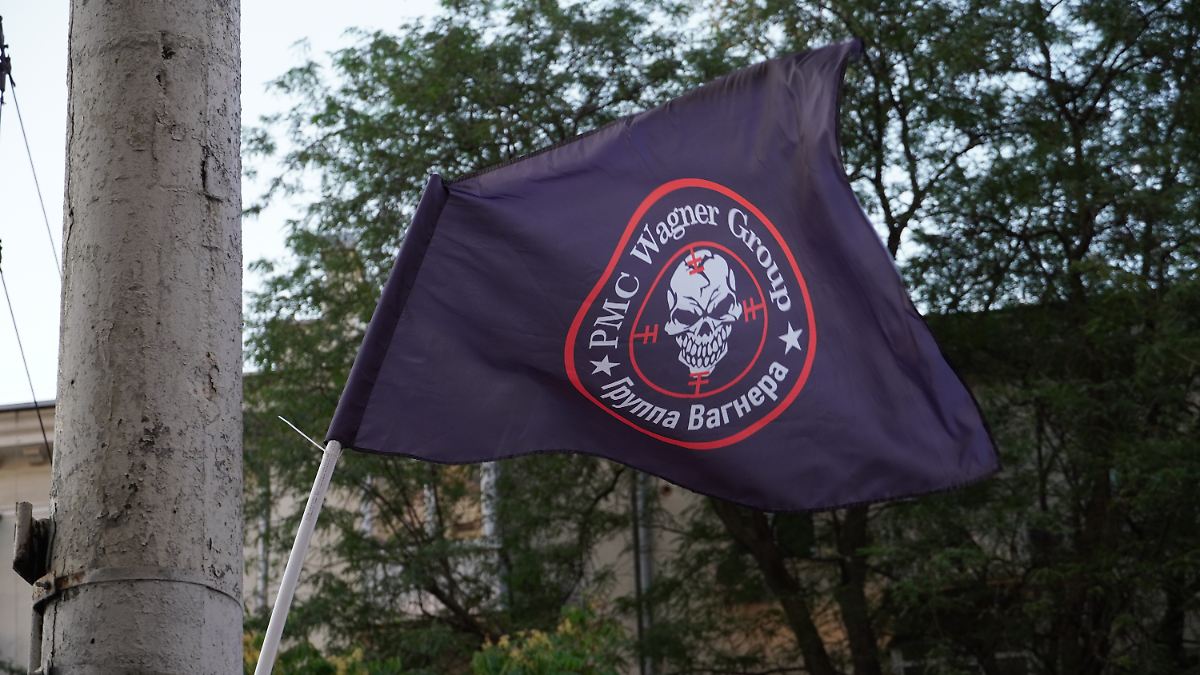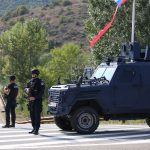Will Prigozhin's son take over?
ISW sees Wagner as a danger to Ukraine
After the death of leader Prigozhin, the future of the Wagner units is uncertain. According to military experts, the Russian National Guard could now take command of the mercenary group. Prigozhin's son Pavel is also under discussion. Either way, this is not good news for Ukraine.
Western military experts see a possible new threat to Ukraine in a revival of the Russian Wagner private army under the control of the power apparatus in Moscow. Wagner, as a united and large formation with military equipment under the control of the Russian National Guard or the Ministry of Defense, could become a danger to Kiev, according to an analysis published by the US Institute for War Studies (ISW). This would mean correcting earlier assessments that the army was not a threat following the death of its chief Yevgeny Prigozhin in a plane crash in August.
The ISW experts referred to sources close to Wagner, according to which Prigozhin's son Pavel could also take over leadership of the units. Accordingly, Pavel Prigozhin should negotiate with the National Guard, which is subordinate to the presidential administration and has its own combat technology. Nevertheless, weapons, ammunition and logistics must be provided by the Ministry of Defense, it is said.
Russian President Vladimir Putin welcomed the former Wagner official and co-founder of the army, Andrei Troschev, to the Kremlin last week and commissioned him to form volunteer units. Putin had also emphasized that the units should primarily be used in the war against Ukraine. Under Prigozhin, the army repeatedly conquered areas in the neighboring country, including the city of Bakhmut in eastern Ukraine.
Wagner Group can probably keep names and symbols
Overall, the status of the Wagner Group remains unclear, according to the ISW analysis. The units are spread across various countries, including Belarus, the Central African Republic, Libya and Mali. There is also no clear leader of the group. The Western experts also pointed to information from the private army that the fighters themselves did not have to sign any contracts with the Ministry of Defense and could continue to use the name and symbols of the Wagner Group.
Mercenary chief Prigozhin failed in an uprising against the Russian military leadership in June. He had accused her of incompetence in the war against Ukraine. Kremlin chief Putin then gathered the Wagner commanders under Prigozhin in the Kremlin and brought up former officer Troshev as the new leader. The Wagner management team rejected this. In August – two months after the uprising – Prigozhin and other commanders died in a plane crash in Russia. The cause is still unclear.




